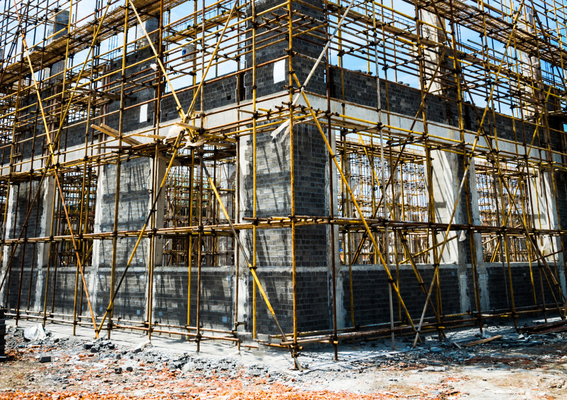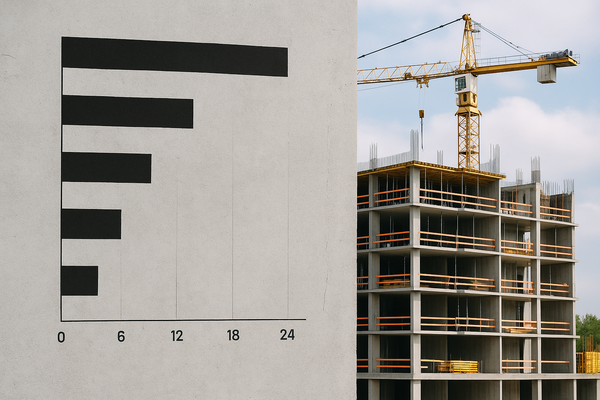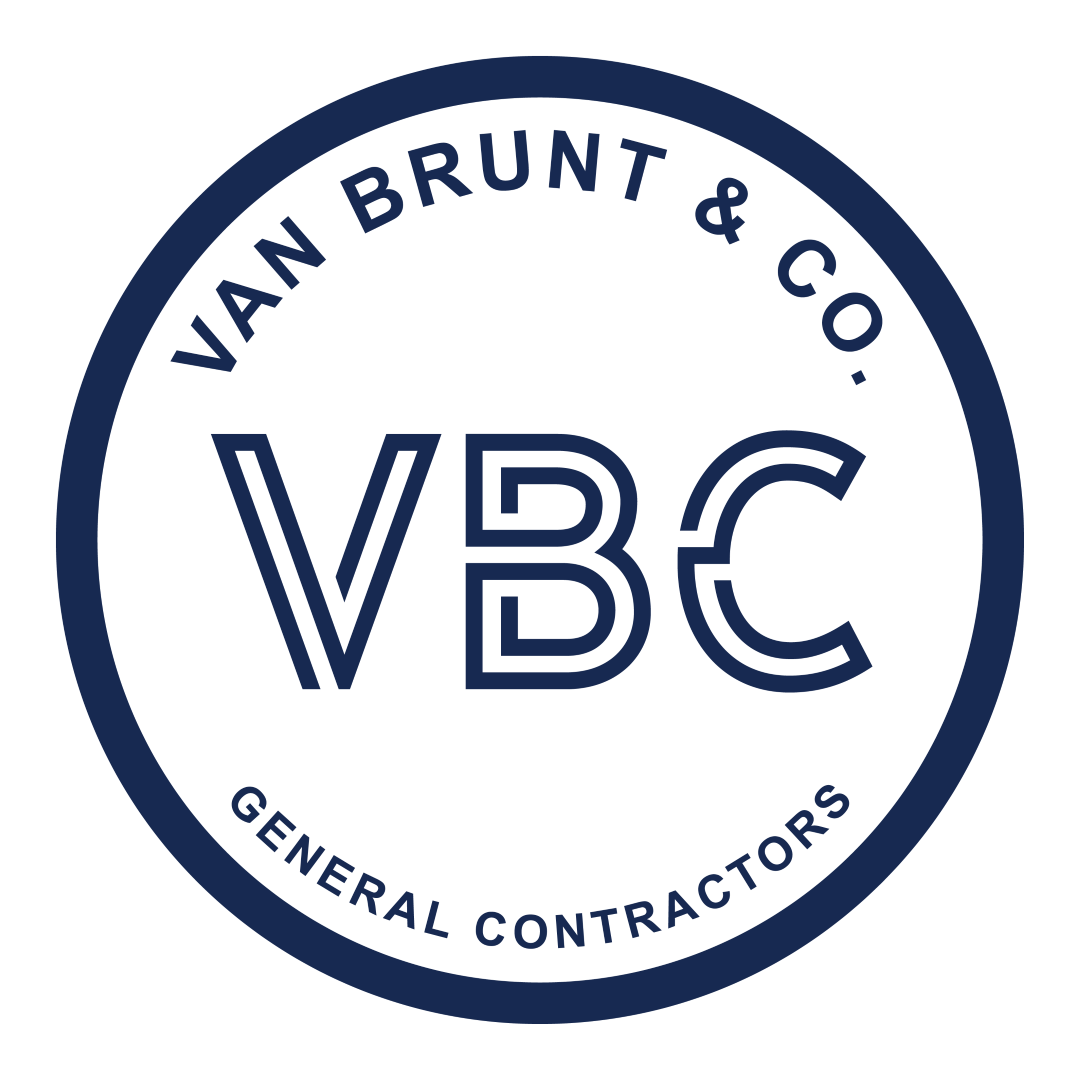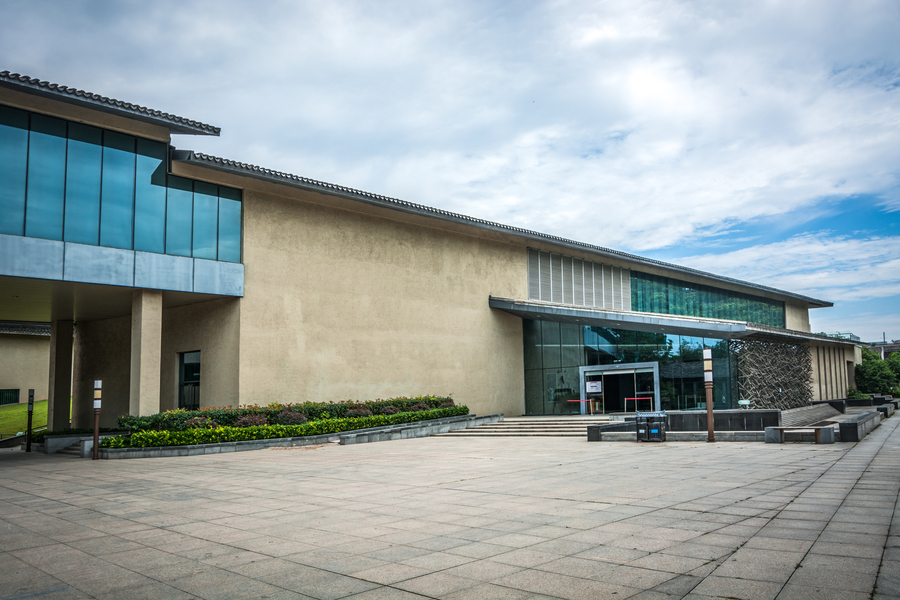The timeline for completing a commercial building can vary based on several important factors. Each project has its own set of needs, which means no two construction timelines are exactly the same.
One key factor is the type of materials required. Some materials are harder to find or take longer to arrive. Delays in delivery can slow down the entire project.
Another consideration is the time it takes to get building permits. Depending on the location, this step can be quick or time-consuming.
The weather also plays a role. Construction in areas with harsh or unpredictable weather may take longer to complete.
On average, a commercial building project takes between four and six months to finish. But this timeline can change based on the materials used, the permitting process, the location, and how efficient the construction team is.
Planning ahead and working with experienced professionals can help reduce project delays and keep the project on track. By understanding these variables, business owners can better estimate their project’s completion date.

How to Successfully Manage a Commercial Building Project
Commercial construction projects are complex. Having the right guidance and knowledge can make the process smoother and more cost-effective. A strong project manager and a clear understanding of each construction phase are key to completing your build on time and within budget.
Hire a Project Manager Who Can Lead the Way
A commercial building project involves many moving parts. A project manager ensures each one is handled efficiently and professionally.
They take charge of coordinating teams, planning timelines, and keeping your project on track. Their job is to remove guesswork and confusion.
What a Project Manager Does for You
Project managers handle tasks that are essential for your build to succeed. These include:
- Creating and updating the project schedule
- Estimating total construction costs
- Ordering supplies and materials
- Handling contract negotiations
- Obtaining permits and licenses
They also serve as a single point of contact for all construction-related questions and decisions.
They Help You Navigate Setbacks
Every project will face challenges. A good project manager will already have plans in place to handle these problems.
Common setbacks can include:
- Delays in getting building permits
- Required engineering work (structural, mechanical, electrical, or soil)
- Supply chain disruptions or long lead times for materials
- Weather-related delays based on your site’s climate
- Land use issues such as zoning reviews or soil studies
By managing these issues early, they help prevent costly delays and keep things running smoothly.
Ask the Right Questions When Hiring a Builder
When meeting with a builder or contractor, ask how their team deals with complications. Find out their approach to:
- Handling unexpected delays
- Maintaining crew productivity
- Keeping your project within budget
- Communicating progress at every stage
You want to partner with a company that uses efficient, proven systems to stay on schedule.
Why Efficiency and Cost-Effectiveness Matter
Time and money are always at risk in large construction projects. Make sure your team is committed to working smart.
A strong project manager focuses on cost-effective solutions, timely decision-making, and keeping every task moving forward.
Learn the Main Phases of Commercial Construction
Understanding the construction process helps you stay informed and in control throughout the entire build.
Here are the six common phases of a commercial construction project:
1. Development and Planning
This stage covers site selection, zoning checks, and feasibility studies. It sets the foundation for the rest of the project.
2. Pre-Design
You’ll work with architects and consultants to define the project’s goals, needs, and initial concept.
3. Design
The actual building plans are created here. Design includes architectural drawings, system plans, and material selections.
4. Pre-Construction
The project manager finalizes permits, hires contractors, and sets timelines. This phase prepares everything for the build.
5. Construction
Work begins onsite. Your project manager oversees the crew and ensures progress sticks to the approved plan.
6. Post-Construction
This final stage includes inspections, occupancy permits, and addressing final punch-list items before turning the building over to you.
Stay Involved to Keep Things on Track
Knowing which stage your team is in helps you stay engaged. You can catch problems early and ask the right questions.
With the right project manager and a clear view of the process, you’ll complete your project with fewer surprises and better results.

What to Expect During Each Phase of a Commercial Build
Each stage of a commercial construction project plays a key role in the final outcome. Knowing what happens at every phase can help you stay prepared and make informed decisions along the way.
Planning and Site Selection
In the early phase, you’ll work closely with a project manager to choose the right location. The site must meet business needs and follow all zoning and land use rules. During this time, you’ll also establish a realistic budget and project schedule. This phase is essential for setting the foundation of the project.
Setting Goals and Hiring Experts
The next phase focuses on outlining your goals and hiring the right professionals. You’ll meet your architect, general contractor, or a full-service construction firm. Everyone involved will start working toward a shared vision for the project. Clear communication is crucial at this stage to avoid delays later on.
Finalizing the Design
The design stage includes developing detailed plans for your project. Construction drawings are finalized, and engineers are brought in to review specific systems. These include structural, mechanical, electrical, and civil components. Budget estimates and scheduling details are also updated here.
Getting Ready to Build
Before breaking ground, several permits may be needed, depending on your location and building type. Your project manager handles this process and ensures materials are ordered on time. They also finalize the construction crew to prepare for a smooth start.
Construction Work Begins
This stage includes site preparation, laying the foundation, and building the main structure. Tasks like framing, roofing, siding, and interior work follow. Landscaping and final touches are added near the end of this phase. Good coordination here ensures the project stays on track and within budget.
Project Wrap-Up
Once construction is complete, you’ll walk through the site with your contractor. Any issues found will be documented and resolved. After final adjustments, you’ll receive a certificate of substantial completion. This marks the official end of the building process.
Understanding each stage helps avoid confusion and keeps your project moving efficiently. Staying involved throughout each phase ensures a smoother path to a successful finish.
Conclusion
Every construction project is different and will follow its own timeline based on specific needs and requirements. Some builds take longer due to factors like materials, permits, location, and weather conditions. It’s essential to plan carefully and stay within your budget, but also allow for flexibility when needed.
Rushing the process can lead to costly mistakes and lower the overall quality of your build. Cutting corners often creates long-term problems that are more expensive to fix. Quality takes time, and your project should get the attention it deserves at every stage.
Focus on doing things right the first time. A well-executed project may take longer, but the final results are worth it. Trust the process and prioritize long-term value over short-term speed.
Frequently Asked Questions
What type of commercial building takes the longest to complete?
Large-scale buildings like hospitals, data centers, and high-rise offices typically take longer due to their complex systems and safety requirements.
How early should I hire a project manager or builder?
Ideally, bring a project manager on board during the planning phase to align goals, budget, and timelines from day one.
Can I make changes during construction without affecting the timeline?
Changes are possible, but they often cause delays. Discuss any changes early to reduce cost and time impacts.
Is financing available for commercial construction projects?
Yes, most businesses secure loans or financing through banks or private lenders. Pre-approval helps streamline the process early on.
What insurance is required for a commercial construction project?
Builder’s risk, general liability, and workers’ compensation are essential. Your contractor should carry these to protect your investment.

